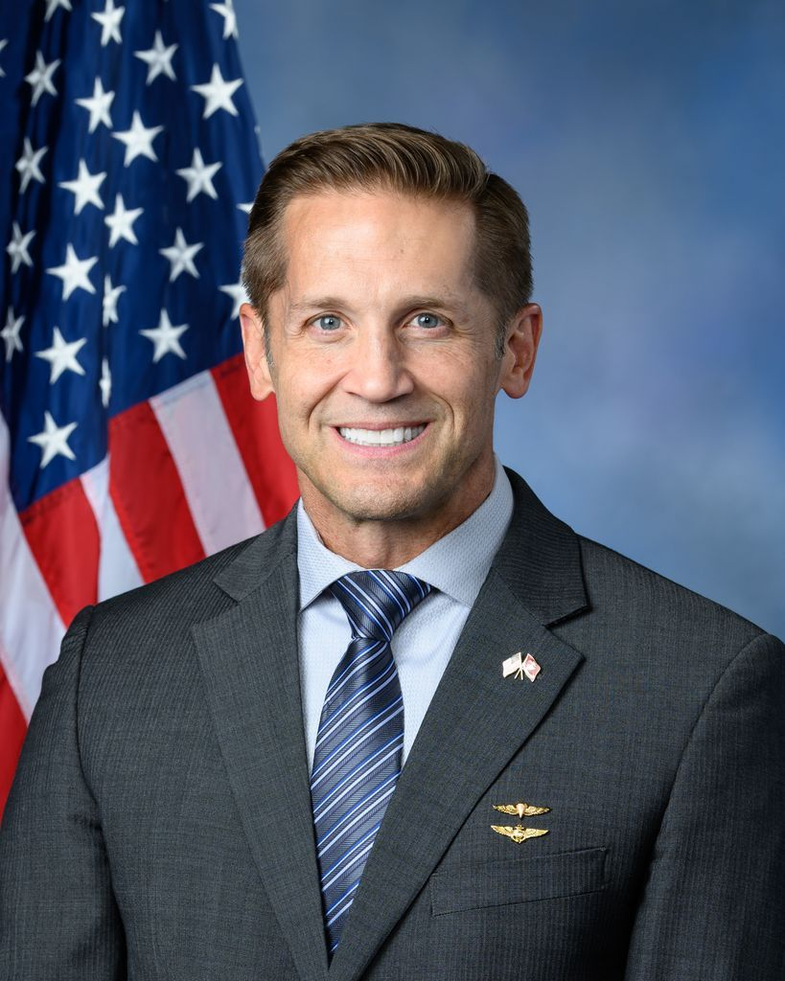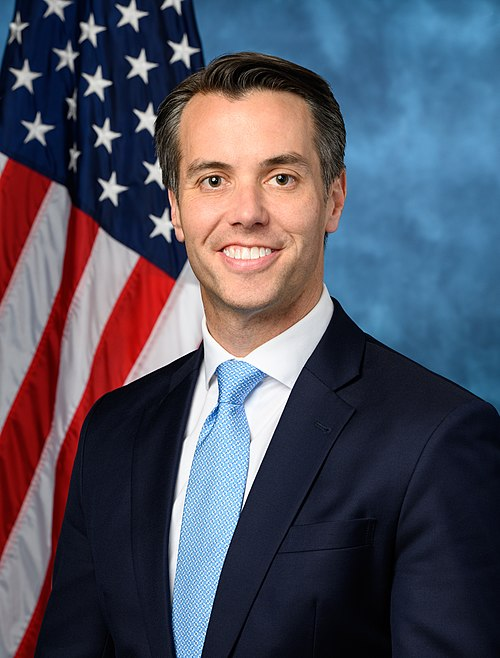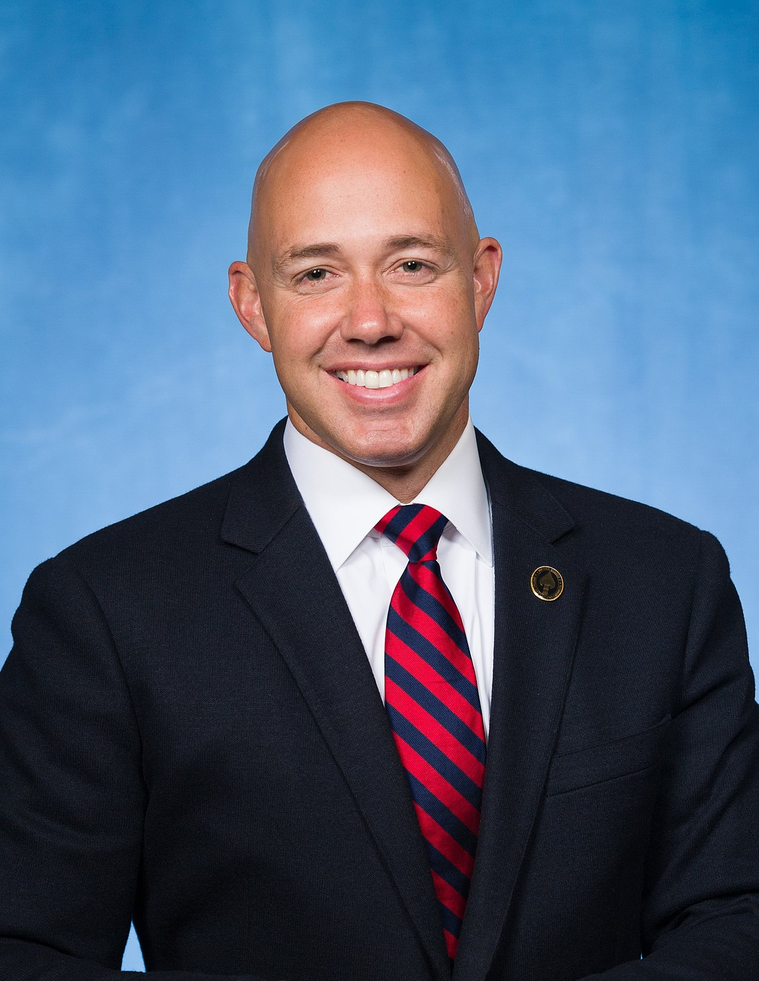H.R. 5048: Don’t Stand for Taking Employed Americans’ Livings Act
This bill, titled the "Don’t Stand for Taking Employed Americans’ Livings Act" or “Don’t STEAL Act,” aims to amend the Fair Labor Standards Act of 1938 with several key provisions designed to strengthen protections for workers regarding wage compensation and penalties for wage theft.
Key Provisions
Right to Full Compensation
The bill establishes a new section that mandates employers to compensate employees at least at a rate determined by:
- The applicable wage rate specified in any employment contract or collective bargaining agreement.
- The minimum wage required under federal or state law.
This requirement applies to employees engaged in commerce or in the production of goods for commerce, ensuring they receive fair wages as outlined in their contracts or applicable laws.
Repealing Existing Provisions
The bill repeals an existing section of the Fair Labor Standards Act, effectively updating the legal framework regarding employee compensation rights.
Prohibited Acts
The bill amends existing provisions for prohibited acts related to wage theft, broadening the scope to include violations of the new requirement for full compensation alongside previous sections of the law.
Penalties for Wage Theft
Criminal Penalties
This section introduces stricter criminal penalties for willful violations of wage-related provisions:
- For violations involving unpaid wages or unpaid overtime greater than $1,000, penalties could include fines and imprisonment for up to 5 years.
- For violations involving amounts equal to or less than $1,000, fines and imprisonment for up to 1 year may apply.
Factors such as the severity of the violation and the business size will be considered when determining the penalties for offenders.
Civil Penalties
The bill also proposes civil penalties for violations consistent with the criminal penalties, enhancing the enforcement mechanism for wage theft cases.
Funding for Enforcement
It designates that fines collected under these provisions will be used by the Wage and Hour Division of the Department of Labor to enhance enforcement activities. This fundraising mechanism is intended to support ongoing efforts to combat wage theft and ensure workers' rights are upheld.
Effective Date
The amendments put forth will apply to violations occurring 90 days after the enactment of the law, allowing for a transition period for employers to adjust to the new requirements.
Relevant Companies
- AMZN (Amazon.com, Inc.): As a major employer with vast operations engaged in commerce, changes to wage theft penalties could significantly impact Amazon's compliance practices and labor costs.
- WMT (Walmart Inc.): Given Walmart's large workforce and various service formats across the U.S., the bill may lead to increased scrutiny of their wage practices.
- UPS (United Parcel Service, Inc.): Being an employer in logistics and transportation, UPS could face heightened financial and legal implications due to stricter penalties for wage violations.
This is an AI-generated summary of the bill text. There may be mistakes.
Sponsors
24 bill sponsors
-
TrackSeth Magaziner

Sponsor
-
TrackBecca Balint

Co-Sponsor
-
TrackBrendan F. Boyle

Co-Sponsor
-
TrackAndré Carson
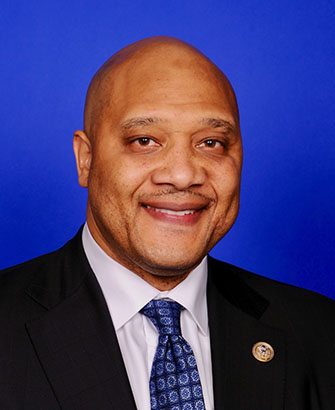
Co-Sponsor
-
TrackSheila Cherfilus-McCormick

Co-Sponsor
-
TrackJudy Chu

Co-Sponsor
-
TrackDebbie Dingell

Co-Sponsor
-
TrackDwight Evans

Co-Sponsor
-
TrackDaniel S. Goldman

Co-Sponsor
-
TrackJahana Hayes

Co-Sponsor
-
TrackJonathan L. Jackson

Co-Sponsor
-
TrackRo Khanna

Co-Sponsor
-
TrackGeorge Latimer

Co-Sponsor
-
TrackDonald Norcross
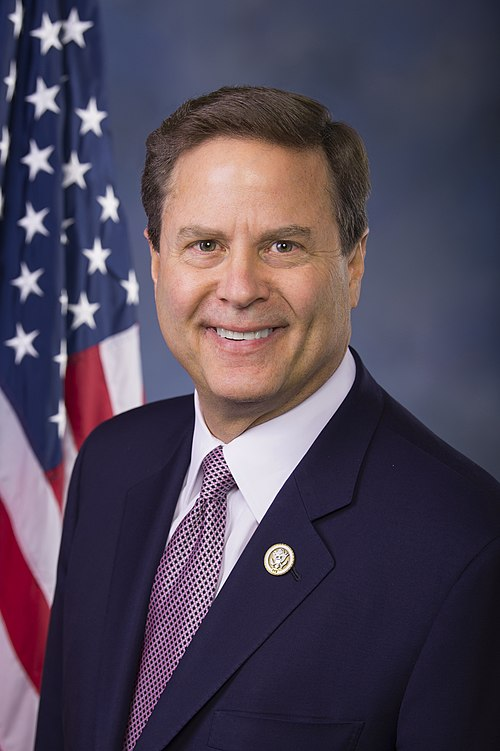
Co-Sponsor
-
TrackEleanor Holmes Norton

Co-Sponsor
-
TrackAlexandria Ocasio-Cortez

Co-Sponsor
-
TrackMarie Gluesenkamp Perez

Co-Sponsor
-
TrackMark Pocan

Co-Sponsor
-
TrackJanice D. Schakowsky

Co-Sponsor
-
TrackMelanie A. Stansbury

Co-Sponsor
-
TrackEmilia Strong Sykes

Co-Sponsor
-
TrackRashida Tlaib

Co-Sponsor
-
TrackJill N. Tokuda

Co-Sponsor
-
TrackBonnie Watson Coleman

Co-Sponsor
Actions
2 actions
| Date | Action |
|---|---|
| Aug. 26, 2025 | Introduced in House |
| Aug. 26, 2025 | Referred to the House Committee on Education and Workforce. |
Corporate Lobbying
0 companies lobbying
None found.
* Note that there can be significant delays in lobbying disclosures, and our data may be incomplete.










